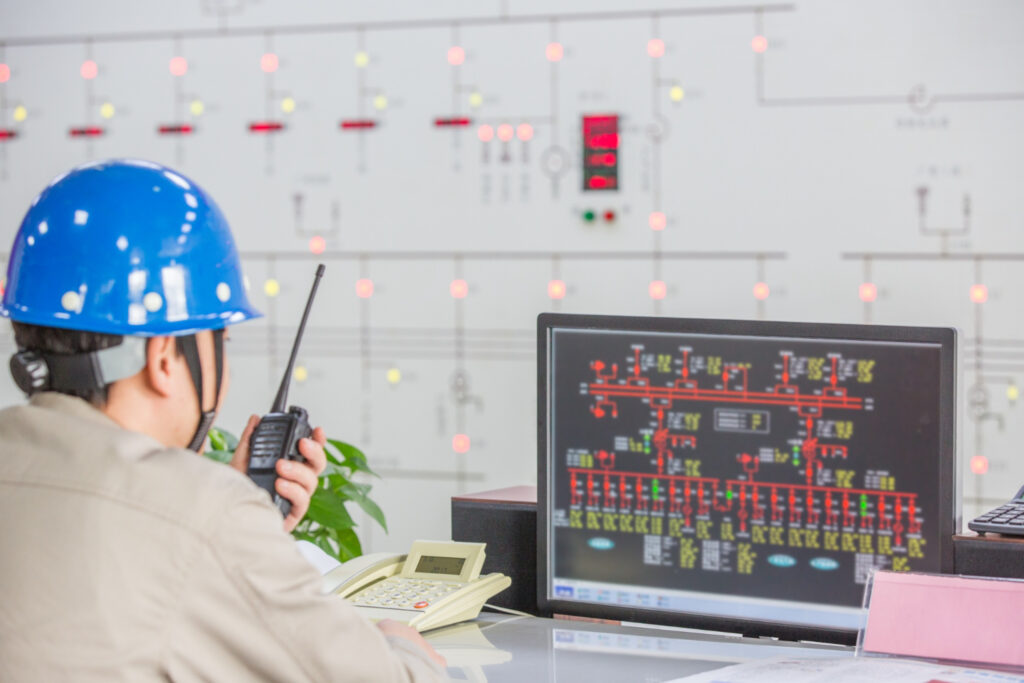In today’s fast-paced industrial landscape, safety is of paramount importance. As industries continue to evolve and adopt advanced technologies, ensuring the safety of workers and equipment becomes increasingly critical. Programmable Logic Controllers (PLCs) play a pivotal role in enhancing safety in industrial environments through their ability to monitor, control, and automate various processes. In this comprehensive guide, we will explore how PLC programming contributes to enhancing safety in industrial settings, highlighting the expertise of PLC programming companies and system integrators in this crucial aspect of modern manufacturing.
Understanding the Role of PLCs in Industrial SafetyPLCs serve as the backbone of automation and control systems in industrial environments. They are tasked with executing complex logic, monitoring sensors and actuators, and ensuring the safe and efficient operation of machinery and equipment. By leveraging PLCs, industrial facilities can implement safety measures such as emergency stop circuits, interlocking systems, and safety interlocks to prevent accidents and mitigate risks. PLC programming companies specialize in developing customized safety solutions tailored to the specific needs of industrial applications, ensuring compliance with safety standards and regulations.
Safety interlocks and Lockout-Tagout (LOTO) systems are vital components of industrial safety programs, designed to prevent hazardous energy release during maintenance, repair, and servicing activities. PLCs play a crucial role in implementing and managing these safety systems, providing logic and control capabilities to ensure that equipment remains safely de-energized during maintenance procedures. PLC programming companies collaborate with industrial facilities to design and implement safety interlock systems that integrate seamlessly with existing control systems, enabling safe and efficient operation while minimizing the risk of accidents or injuries.
In hazardous industrial processes, real-time monitoring and control are essential for maintaining safe operating conditions and preventing potential incidents. PLCs equipped with safety features such as safety-rated input/output (I/O) modules, safety relays, and safety controllers enable continuous monitoring of process variables and equipment status. PLC programming companies develop custom control algorithms and safety logic to detect abnormal conditions, trigger alarms, and initiate emergency shutdown procedures when necessary. By leveraging PLC programming expertise, industrial facilities can enhance safety by implementing proactive measures to mitigate risks and prevent accidents.
Integrating safety systems with process control is critical for achieving a holistic approach to industrial safety. PLC programming companies specialize in developing integrated control solutions that seamlessly combine safety functions with process control and automation. By integrating safety systems with process control, industrial facilities can optimize productivity while maintaining the highest standards of safety and reliability. PLC system integrators play a crucial role in deploying integrated solutions that meet the unique requirements of industrial applications, ensuring that safety remains a top priority throughout the entire lifecycle of the system.
Compliance with safety standards and regulations is non-negotiable in industrial environments where worker safety is paramount. PLC programming companies stay abreast of the latest safety standards and regulations, ensuring that their solutions comply with industry requirements such as OSHA, ANSI, NFPA, and ISO. By partnering with experienced PLC programming companies and system integrators, industrial facilities can rest assured that their safety systems are designed and implemented in accordance with the highest safety standards, reducing the risk of regulatory violations and ensuring a safe working environment for all stakeholders.
In conclusion, PLC programming plays a pivotal role in enhancing safety in industrial environments by providing robust control, monitoring, and automation capabilities. By leveraging the expertise of PLC programming companies and system integrators, industrial facilities can implement customized safety solutions that address their unique needs and challenges. From implementing safety interlocks and Lockout-Tagout systems to integrating safety systems with process control, PLC programming enables industrial facilities to achieve the highest standards of safety while maximizing productivity and efficiency. With safety as a top priority, PLC programming continues to drive innovation and success in modern manufacturing and industrial automation.

